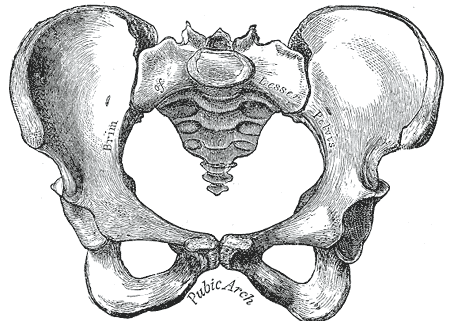A couple of months ago, I had the opportunity to attend a lecture put on by the orthopaedic division of the Ontario Physiotherapy Association. The keynote speaker at this lecture was a Canadian physiotherapist named Diane Lee who spends a great deal of her time studying the human pelvis.
Diane spent the majority of her lecture reviewing current research on the pelvis, reviewing relevant assessment techniques, and discussing ways to effectively treat pelvic pain and dysfunction.
One concept that she highlighted was one that as graduate of McMaster I was quite familiar with; evidence based practice. In evidence-based practice you must combine current research knowledge with patient goals and values, along with your own clinical expertise. When using evidence-based practice, you would not use ultrasound on acute low back pain just because that’s what physiotherapists did 20 years ago. Instead, you would use up to date techniques that have sound evidence backing their effectiveness.
Diane also spoke about the importance of a thorough assessment. In clinics that are treating multiple people at one time, they might miss causes of a condition and instead spend their time just treating the symptoms. In the pelvis for instance, she spoke about assessing areas such as the thoracic spine, as it might be this area that is causing the pelvic symptoms. If a therapist spends there time treating symptoms instead of causes, you are likely to have a recurring problem.
The day wrapped up with some interactive assessment techniques that will be valuable to each of our practices. After a final summary of her lecture, we broke for lunch and questions.
If you or someone you know are suffering from pelvic pain, or any other condition, come and see one of our manual therapists. We will conduct a thorough assessment, use evidence-based practice, and give you our undivided attention!

